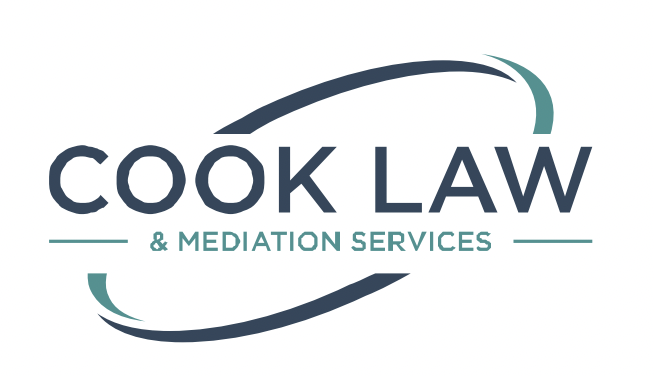Follow Us x

Divorce Doesn't Have to Be a Nasty Process
Turn to us for out-of-court legal services right in the North Hills
Mediation
Negotiate the terms of your divorce in a safe, calm space.
Family Law
Help settle family matters without getting a judge involved.
Collaborative Law
Find solutions to your legal problems with a collaborative team.
Estate Planning and Probate
Prepare estate documents and let us guide you after a family member passes.
Resolve Disputes Without Worrying About Litigation
Trust our local attorneys and mediators in Pittsburgh, PA
Finalizing your divorce and dividing marital assets doesn't have to be a fight. Cook Law & Mediation Services keeps it simple. We provide mediation and legal services in the North Hills of Pittsburgh. Our attorneys and mediators can help you settle without the need for the expensive and emotionally-draining court process. You can trust us to advocate for you without resorting to hostility.
Divorce is difficult, but we'll try to make the process as easy as possible. Call 412-366-8980 now to schedule a consultation about legal or mediation services.
Stay Out of the Courtroom
Come to us for collaborative law services
Providing straightforward legal services without all the drama
Our local attorneys offer a range of services to help you settle or deal with legal matters simply. We can...
- Mediation - lead you and your partner through divorce mediation
- Family Law - help settle things like child custody and spousal support out of court
- Collaborative Law - use collaborative law techniques to resolve legal disputes without litigation
- Estate Planning - plan your estate, set up trusts and oversee proceedings for executors
You'll be in good hands with our experienced attorneys and mediators. Contact us today to make an appointment.

